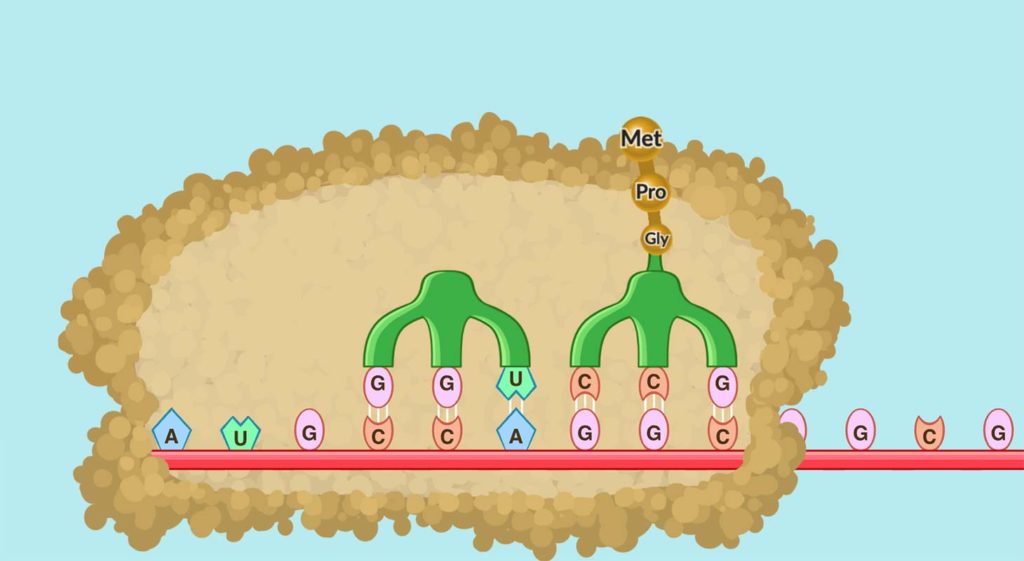As schools across the country begin reopening for the new school year, we are faced with the possibility that the situation we lived through in the spring may become, for a while at least, the “new normal.” Due to the frightening level of the COVID-19 virus in many areas, some school buildings remain closed entirely while others are relying more heavily on some form of “remote schooling.”
The pandemic that has already killed so many and disrupted the lives of so many more calls upon us to be flexible and come up with innovative ways of coping with a scenario none of us could have predicted.
With that in mind and in keeping with our mission, we are pleased to announce the results of a recent effort to make some of our interactive learning materials more accessible and adaptable to a wider spectrum of potential uses.
Based on materials produced by past National Science Foundation-funded research projects, we have developed a series of interactive “mini-activities” – short curricular units for middle or high school students that support the teaching of fundamental concepts in several science domains. The mini-activities cover several science domains: diffusion, DNA to proteins, protein folding, materials science, home energy efficiency, and states of matter.

In the “Where Do Proteins Come From?” activity, students explore how a linear sequence of DNA codes for a linear sequence of amino acids.
Each mini-activity is designed to be run independently by a single student working without supervision. They can be used in a classroom setting, assigned as homework, or integrated into an online virtual school. Each activity illustrates a specific scientific concept by presenting students with an interactive model of a process or phenomenon, followed by a short set of questions. Students’ answers to these questions are logged and immediately conveyed to the teacher via a computer-based dashboard. Teachers also have access to a special-purpose edition of each mini-activity that introduces pedagogical strategies, provides exemplar answers to open-ended questions, and offers strategies for overcoming common misconceptions.
Teachers and students can use these free resources in our STEM Resource Finder without an account. Or sign up for a free teacher account to get access to the Teacher Edition of each activity.